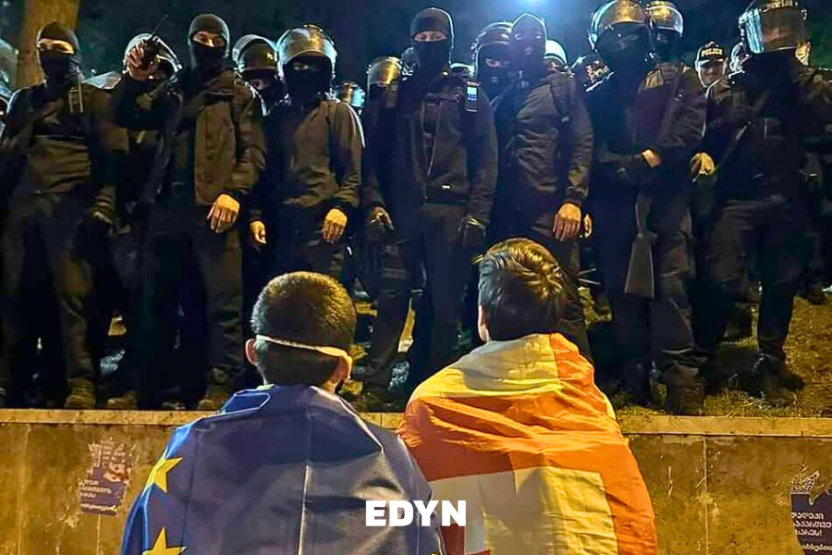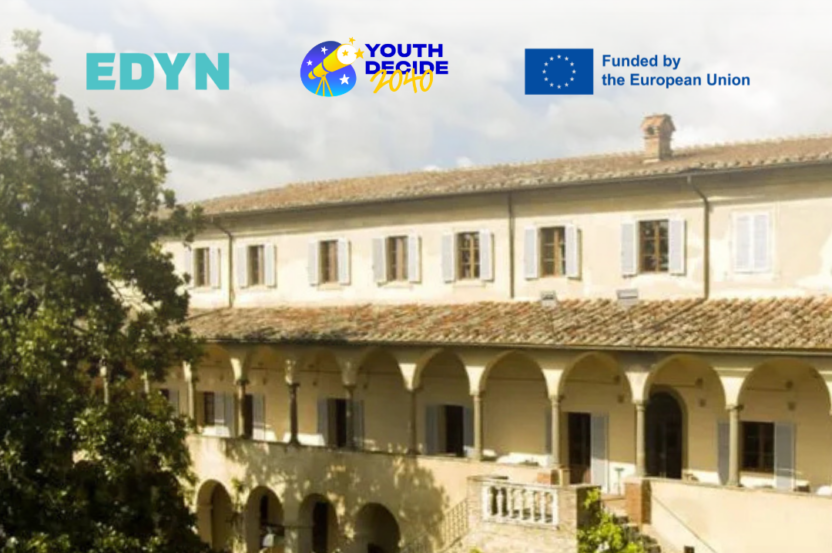Even though children have special protection status according to international humanitarian law, in practice, this status does not guarantee legal recognition and insurance of their rights post-conflict. Besides the Women, Peace, and Security agenda and the UN Convention on the Rights of the Child, which only indirectly touches upon children born of war (CBOW), there are no international acts recognizing CBOW as victims of war. Since the beginning of the 21st century, along with conflict-related sexual violence, this issue has been brought to attention in both academic and political discourse primarily in relation to the conflicts in Rwanda and Bosnia and Herzegovina, where the alarming magnitude of these crimes compelled the establishment of the ICTR and ICTY. Considering the equally harrowing volume of reports from Ukraine in the present, the need to recognize CBOW as war victims is as great as ever.
Stigma against children born of war
Although there is little research on CBOW compared to other war victims, there is a largely-accepted definition of CBOW, as defined by the “War and Children Identity Project” (WCIP): “a child that has one parent that was part of an army or peacekeeping force and the other parent a local citizen, where the weight is on the stigma these children can be subject to as a result of their background.” Regardless of the context of the children’s origin, or the nature of the relationship between the mother and father and the general circumstance of the (post-)conflict situation, CBOW shares one common denominator – social stigma.
Worldwide, CBOW have been, and continue to be, subjected to dehumanizing collective naming practices by the communities in which they live. These include: “četnik babies” (Bosnia and Herzegovina), “children of hate” (Rwanda), “children of shame” (Kosovo), “children of the green people” and “paraquitos” (little paramilitaries) (Colombia), “children of the enemy” (Timor-Leste) and “Kony’s children” (Uganda). The primary risk of stigmatization, discrimination and rejection children born of sexual violence face within their own families and societies is often driven by a child’s perceived association with the “enemy” or a “foreign” father.
From birth, a child’s identity and sense of belonging are contested, creating dangers for their physical security and emotional well-being. Their mothers are perceived as women of questionable morals who either betrayed their country and nation by entering consensual relationships, or did not fight off their assaulter(s) and are therefore perceived as weak and guilty of crimes not committed by them, but to them. Rarely are wartime rape victims seen as victims. The children are perceived as tainted, children of the enemy, and are therefore marginalized since most societies share the belief that “the apple does not fall far from the tree” and that the children inherit traits and nationality from their biological fathers.
Lack of legal recognition
There is yet to be any form of full legal recognition of CBOW at a national and international level. At this moment, less than ten States worldwide have developed any form of legislation recognizing CBOW and granting them rights as such. The most recent legislative development is the Law on Civilian Victims of War of Brčko District of Bosnia and Herzegovina, adopted in July 2022, which defines children born of wartime rape as civilian victims of war, alongside their mothers. Nevertheless, although children born as a result of wartime sexual violence can obtain the status of civilian victims of war, the law does not provide any additional rights for them, including any form of reparations, for the time being.
Along with the aforementioned, CBOW face with a lack of institutional support when asserting their rights as victims of war or seeking their rights from their biological father via legal pursuits. Paternity suits and child support claims were difficult to put through as foreign administrations proved to be disobliging. The Norway War Child Association unsuccessfully sued Norway for treatment allegedly endured as ‘war children”‘born out of the Nazi Lebensborn scheme and authorities’ subsequent failure to take any remedial measures remedies, as the European Court of Human Rights declared the Thiermann and Others v. Norway case inadmissible on grounds of the case being outdated.
Children born of war have been invisible throughout history, the research done is insufficient and little has been done to improve their position, mitigate damages and ensure the protection of their rights. Let this be a reminder of the aftermath of armed conflicts. CBOW must cease to be merely a legal gap and must be guaranteed the same rights and protection in (post-)conflict societies as any other category of war victims.




